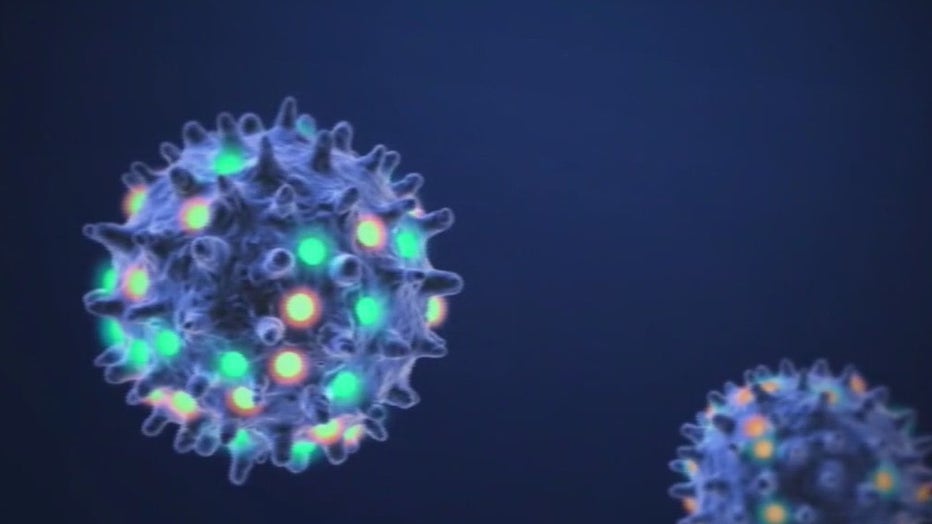COVID patients left with few treatment options after antibodies found ineffective against omicron
TAMPA, Fla. - With the most common monoclonal antibody treatments off the table and new antiviral drugs in short supply, people with COVID-19 have few options when it comes to effective treatments.
The FDA revoked its emergency use authorization Monday for the monoclonal antibodies from Regeneron and Elli Lilly due to ineffectiveness against the omicron variant. But some Tampa Bay hospitals like Tampa General Hospital say they stopped using those treatments weeks ago.
"All the data we’ve seen internally, looking at the available data from lab studies, has really shown us there’s probably not much of a benefit or any benefit at all of using the Elli Lilly and Regeneron monoclonals for omicron," said Dr. Jason Wilson, an emergency medicine physician at Tampa General Hospital and of USF Health.
If someone shows symptoms and is at a higher risk of getting severely sick, there’s only one monoclonal therapy that appears to work against omicron, said virologist Dr. Michael Teng of USF Health.
PREVIOUS: Thousands of appointments canceled in Florida after FDA halts use of certain COVID-19 antibody drugs
"We do have a bunch of other antiviral treatments that for people who have been infected, so another monoclonal antibody from GlaxoSmithKline, sotrovimab, still retains effectiveness against omicron," said Teng.
Tampa Bay hospitals said doctors are currently saving sotrovimab for the highest risk and sickest patients since it’s in limited supply. For mild or moderate COVID, options include anti-viral pills from Pfizer or Merck, but doctors said those are hard to get right now. There’s also a remdesivir infusion that’s FDA authorized through emergency use.

"The problem with that is logistically, it's tough. It needs to be given three days in a row and it's only IV. So it's challenging and available in very, very few places and in small quantities," said Kartik Cherabuddi, an associate professor in infectious diseases and hospital epidemiologist at UF Health.
MORE: COVID-19 pills may bring 2-year pandemic to an end, but they're hard to find
Doctors said they understand it’s frustrating, but they have to follow medicine that works.
"While people realize that vaccine effectiveness can change with variants, I don't think as many people realize that treatment effectiveness changes a lot more with variants," said Cherabuddi. "They can become they can go from being 80 percent effective, 90 percent effective to zero percent effective."
Now attention turns to making the treatments that do work easier for Floridians to get.
"Definitely the treatments that are in short supply, the companies are ramping up their production of them. So I think we'll start seeing more of that," said Teng.
There is also a study called ACTIV-6 that is testing anti-viral drugs through the National Institutes of Health to help treat mild to moderate COVID.

